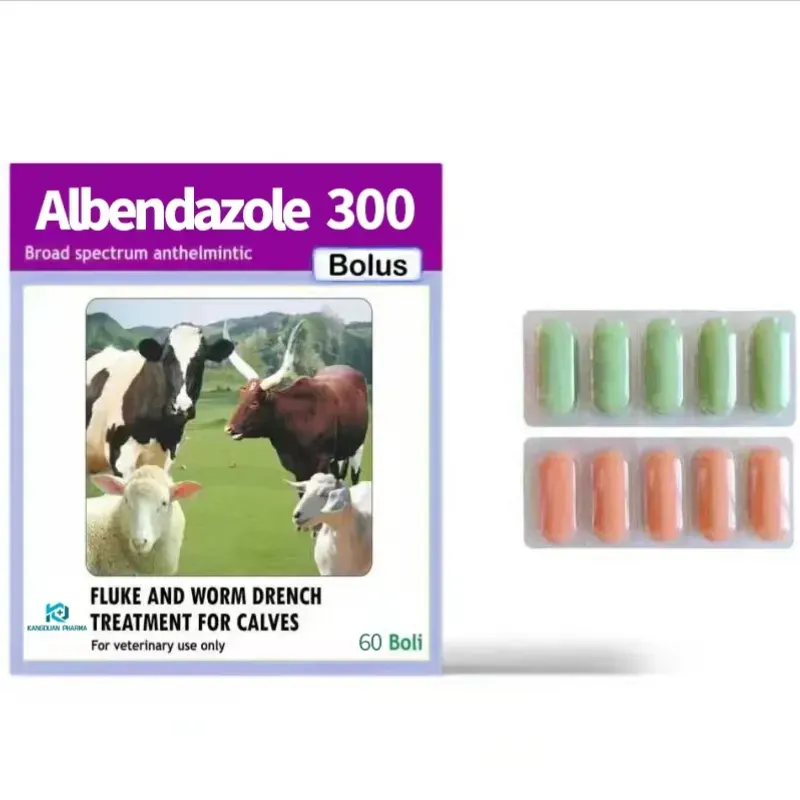- Afrikaans
- Albanian
- Amharic
- Arabic
- Armenian
- Azerbaijani
- Basque
- Belarusian
- Bengali
- Bosnian
- Bulgarian
- Catalan
- Cebuano
- Corsican
- Croatian
- Czech
- Danish
- Dutch
- English
- Esperanto
- Estonian
- Finnish
- French
- Frisian
- Galician
- Georgian
- German
- Greek
- Gujarati
- Haitian Creole
- hausa
- hawaiian
- Hebrew
- Hindi
- Miao
- Hungarian
- Icelandic
- igbo
- Indonesian
- irish
- Italian
- Japanese
- Javanese
- Kannada
- kazakh
- Khmer
- Rwandese
- Korean
- Kurdish
- Kyrgyz
- Lao
- Latin
- Latvian
- Lithuanian
- Luxembourgish
- Macedonian
- Malgashi
- Malay
- Malayalam
- Maltese
- Maori
- Marathi
- Mongolian
- Myanmar
- Nepali
- Norwegian
- Norwegian
- Occitan
- Pashto
- Persian
- Polish
- Portuguese
- Punjabi
- Romanian
- Russian
- Samoan
- Scottish Gaelic
- Serbian
- Sesotho
- Shona
- Sindhi
- Sinhala
- Slovak
- Slovenian
- Somali
- Spanish
- Sundanese
- Swahili
- Swedish
- Tagalog
- Tajik
- Tamil
- Tatar
- Telugu
- Thai
- Turkish
- Turkmen
- Ukrainian
- Urdu
- Uighur
- Uzbek
- Vietnamese
- Welsh
- Bantu
- Yiddish
- Yoruba
- Zulu
Dec . 28, 2024 01:29 Back to list
albendazole wormer for goats
Albendazole Wormer for Goats A Comprehensive Guide
Goat farming is a rewarding venture, but it comes with its share of challenges, particularly when it comes to managing parasites. One of the most effective tools in a goat farmer’s arsenal is albendazole, a broad-spectrum anthelmintic (dewormer) that targets various internal parasites. This article will delve into the benefits of albendazole, its usage, and essential considerations for goat care.
Albendazole is especially valued for its effectiveness against a range of gastrointestinal nematodes, including those that can cause significant health issues in goats. These parasites, like Haemonchus contortus (barber pole worm) and Teladorsagia (Ostertagia) spp., can lead to anemia, weight loss, and even death if left untreated. Regular deworming is crucial in maintaining the health and productivity of your herd.
How Albendazole Works
Albendazole works by inhibiting the parasite's ability to absorb glucose and other nutrients, leading to their eventual death. This process not only eliminates current infections but also helps in reducing the overall parasite load in the goats. The effectiveness of albendazole extends to other types of parasites, including some species of lungworms and flukes, making it a versatile choice for goat owners.
Dosage and Administration
When administering albendazole to goats, it is essential to follow the recommended dosage closely. The typical dosage is usually around 5 mg per kg of body weight, but it's always prudent to confirm with a veterinarian for tailored advice based on your herd’s specific needs.
albendazole wormer for goats

Albendazole is typically given orally in the form of a drench or as a feed additive. It's important to ensure that the goats consume the full dosage to guarantee effectiveness. Care should be taken to observe withdrawal times as well, especially if goats are being raised for meat or milk production. The withdrawal period for albendazole is generally around 28 days for meat and 14 days for milk, but always check product labels for the most accurate information.
Resistance Management
One of the primary concerns in using any deworming agent, including albendazole, is the potential for developing resistance among parasites. To mitigate this risk, it is crucial to adopt good management practices. These may include rotating dewormers with different active ingredients, practicing strategic deworming based on fecal egg counts, and maintaining proper pasture management to reduce the parasite burden.
Side Effects and Precautions
While albendazole is generally safe for use in goats, there can be side effects. Some goats may experience transient vomiting, diarrhea, or lethargy post-administration. If severe reactions occur, it’s advisable to consult a veterinarian immediately. Pregnant or lactating goats should be dewormed with caution, and it’s best to seek veterinary guidance before treatment in these cases.
Conclusion
In conclusion, albendazole is an effective and reliable choice for controlling internal parasites in goats. Regular deworming, combined with good management practices and awareness of potential resistance, will help maintain a healthy herd. As with any medical treatment, regular consultation with a veterinarian is recommended to ensure the optimal health and well-being of your goats. By staying informed and proactive, goat farmers can protect their investments and ensure their animals lead healthy, productive lives.
-
Guide to Oxytetracycline Injection
NewsMar.27,2025
-
Guide to Colistin Sulphate
NewsMar.27,2025
-
Gentamicin Sulfate: Uses, Price, And Key Information
NewsMar.27,2025
-
Enrofloxacin Injection: Uses, Price, And Supplier Information
NewsMar.27,2025
-
Dexamethasone Sodium Phosphate Injection: Uses, Price, And Key Information
NewsMar.27,2025
-
Albendazole Tablet: Uses, Dosage, Cost, And Key Information
NewsMar.27,2025













